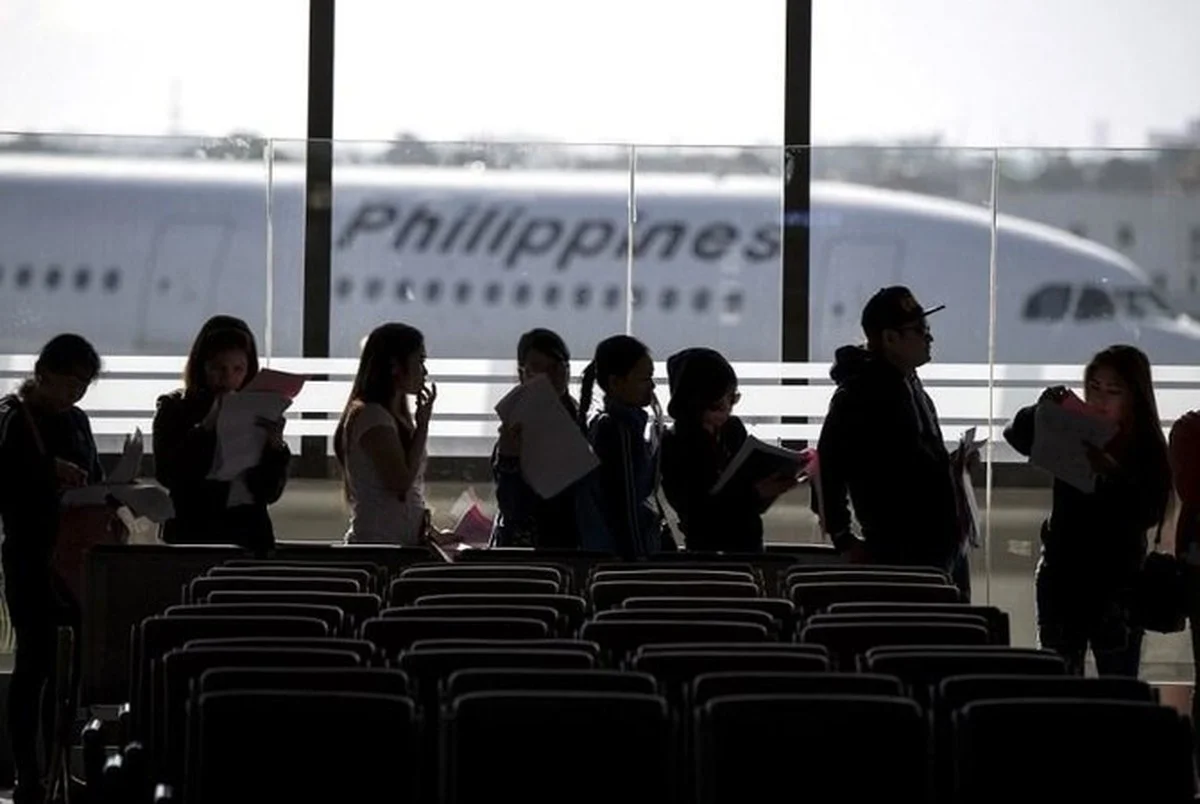16/09/2025
16/09/2025

DUBAI, Sep 16: The Philippines has announced it will not proceed with its earlier decision to impose a minimum wage hike for Filipino domestic workers employed in Gulf Cooperation Council (GCC) countries. Instead, salaries will be determined by market forces of supply and demand, Qatar’s Al Rai reported.
The decision was confirmed by Philippine Secretary of Migrant Workers Hans Leo Cacdac following high-level talks in Doha on Wednesday with Qatar’s Minister of Labour, Dr. Ali bin Samikh Al Marri. Cacdac explained that Manila is now reviewing its wage-setting mechanism to reach a balance that considers the interests of both workers and host countries.
The clarification came after Manila’s unilateral move in August to raise the minimum monthly salary of overseas household workers from $400 to $500 triggered discontent among GCC states, which employ the largest share of Filipino domestic staff. The Gulf side criticized the lack of consultation despite established communication channels and bilateral labour agreements.
During the meeting, Minister Al Marri reaffirmed the GCC’s position, stressing that labour laws in the region already safeguard worker rights while also protecting employers. He further called for the adoption of a standardized employment contract for Filipino domestic workers, ensuring transparency, fairness, and clear guidelines to curb irregular practices.
The Philippine government, meanwhile, had initially defended the wage hike and accompanying reforms as part of President Ferdinand Marcos Jr.’s directive to strengthen protections and uphold the dignity of overseas Filipino workers (OFWs). Alongside the salary adjustment, Manila announced additional measures, such as compulsory annual medical check-ups, early-stage emergency healthcare access, and employer-funded treatment for work-related illnesses or accidents. A 60-day transition period had been set for recruitment agencies and employers to revise contracts.
Negotiations between Philippine and GCC officials are ongoing, with both sides aiming to reach a mutually acceptable framework that protects workers’ rights while preserving the sustainability of recruitment practices in the region.


